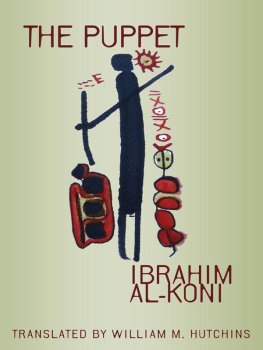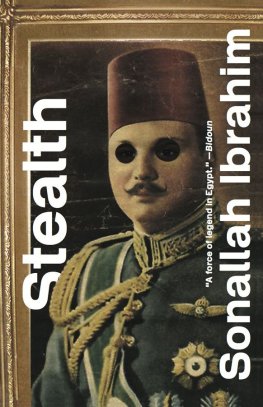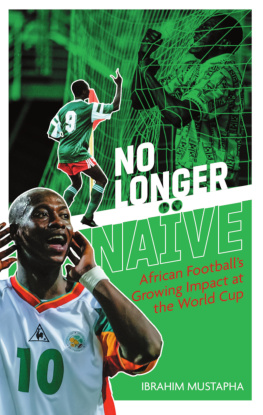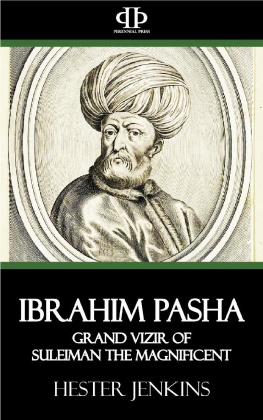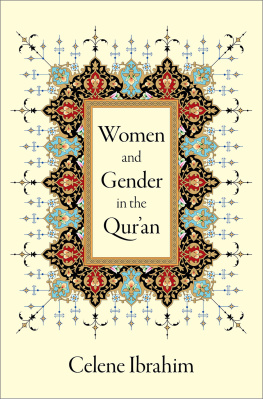First published in 1935
This edition first published in 2013
by Routledge
2 Park Square, Milton Park, Abingdon, Oxon, OX14 4RN
Simultaneously published in the USA and Canada
by Routledge
711 Third Avenue, New York, NY 10017
Routledge is an imprint of the Taylor & Francis Group, an informa business
1935 George Routledge & Sons, Ltd.
All rights reserved. No part of this book may be reprinted or reproduced or utilised in any form or by any electronic, mechanical, or other means, now known or hereafter invented, including photocopying and recording, or in any information storage or retrieval system, without permission in writing from the publishers.
Trademark notice: Product or corporate names may be trademarks or registered trademarks, and are used only for identification and explanation without intent to infringe.
British Library Cataloguing in Publication Data
A catalogue record for this book is available from the British Library
ISBN: 978-0-415-63747-3 (Set)
eISBN: 978-0-203-07914-0 (Set)
ISBN: 978-0-415-81121-7 (Volume 8)
eISBN: 978-0-203-06938-7 (Volume 8)
Publisher's Note
The publisher has gone to great lengths to ensure the quality of this reprint but points out that some imperfections in the original copies may be apparent.
Disclaimer
The publisher has made every effort to trace copyright holders and would welcome correspondence from those they have been unable to trace.
IBRAHIM OF
EGYPT
BY
PIERRE CRABITS
WITH TWO PORTRAITS
BROADWAY HOUSE, 6874, CARTER LINI, E.C.
1935
PREFACE
THE name and fame of Muhammad Ali, the Founder of Modern Egypt, are well known. His vivid personality has appealed to many writers, who have concentrated the limelight on him. Some of them have allowed Muhammad Ali's son, Ibrahim, to appear on the stage, but they have assigned him a more or less obscure rle. They refer to him as the sword wielded by his astute father, and have usually treated him as if he knew nothing of statesmanship, and were merely a bluff soldier whose military talents happened to be superior to those of the generals opposed to him.
This book seeks to redress this error and bring the truth into its proper perspective. It does not belittle the glory of Muhammad Ali, but it stresses the part played by Ibrahim in public affairs.
My theme is Egypt, but it draws me into the vortex of higher European politics in the years between 1820 and 1841.
These pages are a tribute to the broadness of vision of King Fuad, the present sovereign of Egypt. It was he who collected the documents which now constitute what are known as the Abdine Palace archives of the reign of Muhammad Ali. It was there that I found the abundant source material which I cite. My respectful thanks are due to his Majesty for having given me unfettered access to these records.
My book makes repeated reference to the recent publication of official reports contained in the French Foreign Office and in the Greek, Russian and French Consulates, not to speak of those of the states which now consitute the Kingdom of Italy. His Majesty's privy purse bore the heavy expense of collecting and publishing all this hitherto widely scattered and in some cases almost inaccessible source material. It is thus obvious that King Fuad's initiative dominates this work. My debt to him is indeed very great.
PIERRE CRABITS
CHAPTER I
BIRTH
WHEN, on 9 July, 1805, Constantinople conferred upon Muhammad Ali the pashalik of Cairo, that astute soldier felt secure enough in his position to send for his sons, Ibrahim and Toussun. They were not yet out of their teens, the elder being barely seventeen years of age. During those crucial years when their father was tempting fate and scheming and fighting for power, the boys had remained with their mother at their birthplace, Kavala, a small seaport on the frontier of Thrace and Macedonia. The day after their arrival in Cairo the Pasha took them to the citadel and there installed his elder son as Governor of that stronghold.1
In asserting that Ibrahim was made Governor of the Cairo Citadel we are entering upon controversial ground. Sheikh Abdel Rahman El Djabarti is our authority for the statement that Muhammad Ali conferred this honour upon the elder of the two brothers. Djabarti lived in Egypt during the period he describes, and published a diary of the events of which he was an eye-witness. His truthfulness is generally recognized by students of the reign of Muhammad Ali. But later writers such as Mouriez2 and Bankes,3 for example, who were not in Egypt
Merveilles biographiques et historiques, ou chroniques du Cheikh Abdel Rahman El Djabarti, Traduites de l'Arabe, Le Caire, Imprimerie Nationale, 1892, vol. VII, p. 348.
Histoire de Mhmet Ali, Viceroi d' Egypte, par Paul Mouriez, Paris, Louis Chappe, 1858, vol. I, p. 241.
Narrative of the Life and Adventures of Giovanni Finati, edited by William John Bankes, London, John Murray, 1830, vol. I, p. 85.
in 1805, record that the father gave this post to Toussun. This detail would seem to be of no importance, but it is emphasized for reasons that will subsequently be made clear.
Shortly after Muhammad Ali had summoned his sons from Kavala, his adversaries renewed their pressure on him. Fortune still favoured him, but in order to maintain his supremacy he had to exercise much diplomacy. He considered it expedient to promise to send to Constantinople a present of four thousand purses. But he did not possess the ready cash. The Sultan's capitan-pasha was obdurate. He wanted gold, and threatened to use his influence on behalf of one of the other camps if it were not forthcoming. It was finally agreed that Ibrahim, Muhammad Ali's son, should be sent as a hostage, with rich presents, and that he should remain in Constantinople until the entire sum was paid. The boy sailed for the Bosphorus in October 1806.1
An unpublished report submitted to his Foreign Office by the Austrian Ambassador accredited to the Sublime Porte and dated 25 November 1806, brings out the fact that the Turkish fleet, which had just returned from Egyptian waters, had on board Muhammad Ali's eldest son, whom his father had sent as a species of hostage to guarantee his good faith.2
Ibrahim was returned to his father on 26 September, 1807. It is by no means certain that Muhammad Ali had yet paid the four thousand purses, but he had rendered the Sublime Porte such splendid services that it was considered wise to surrender the young man. The disastrous British expedition of that year had so enhanced the prestige
Histoire de l'Egypte sous le Gouvernement de Mohammed Ali, par Felix Mengin, Paris, Bertrand, 1823, vol. I, p. 247 ; Mouriez, op. cit., vol. I, p. 259 ; Djabarti,





